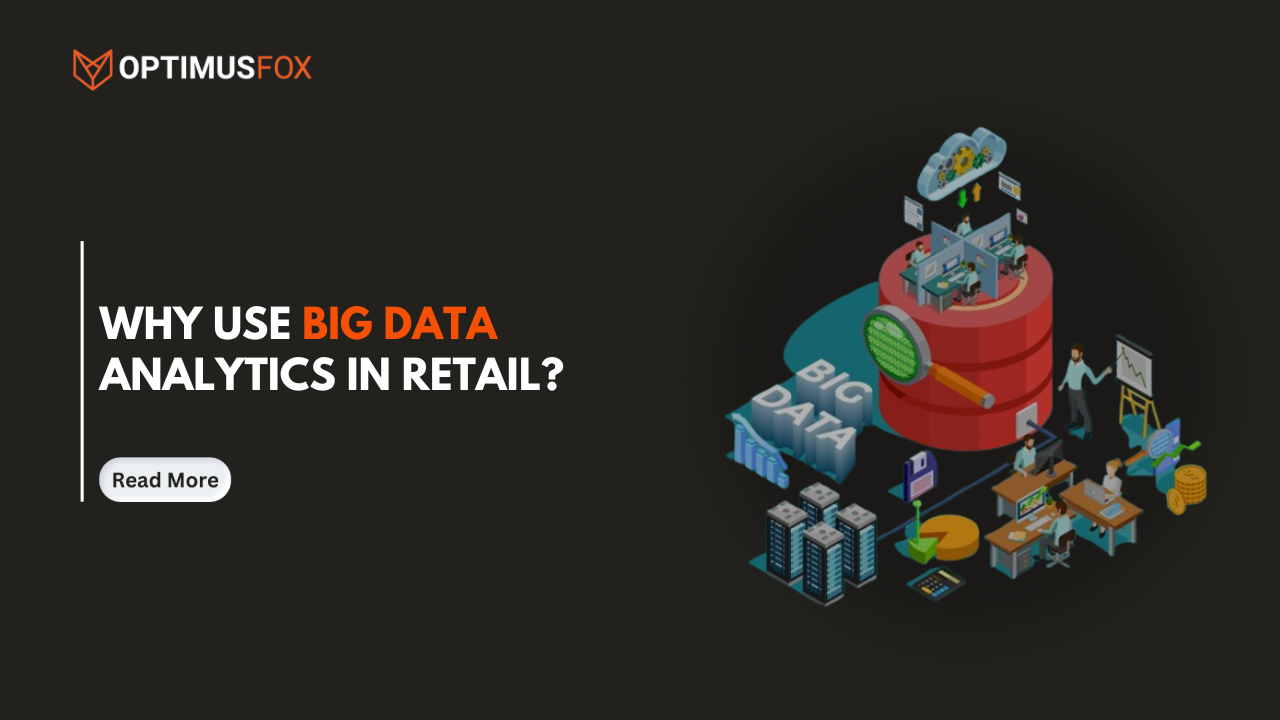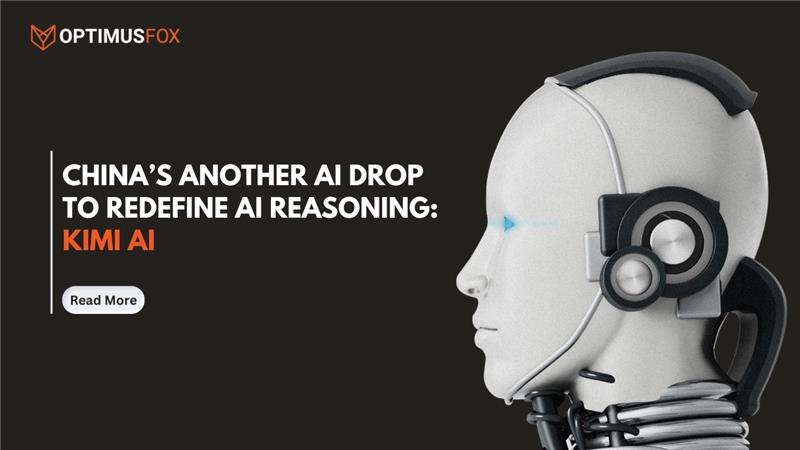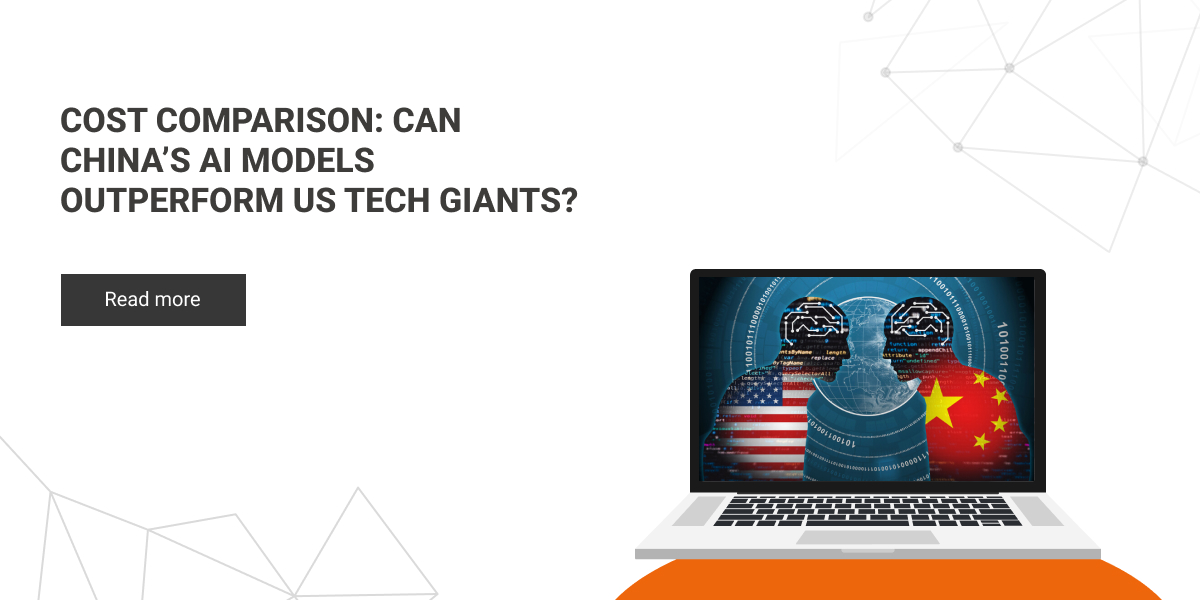The field of web development is not immune to the seismic shifts being wrought by various sectors as a result of the widespread adoption of Artificial intelligence (AI). AI has made significant strides in web development, enhancing productivity, accuracy, and user-friendliness. It is changing the way we use the internet in fundamental ways, such as with chatbots and individualized interfaces.
AI: What Exactly Is Artificial Intelligence?
The definition of Artificial Intelligence by Merriam-Webster defines the field as “the capability of a machine to imitate intelligent human behavior.” A machine is said to have artificial intelligence if it can make decisions that a human would find reasonable. Most often, people refer to machine learning, deep learning, and artificial intelligence interchangeably. Nonetheless, deep learning belongs to the subfield of machine learning, which in turn belongs to the larger field of artificial intelligence.
Back in the 1800s, most of what was known about AI came from myths, fiction, and speculation. The actual start of AI was in 1956, and the first step toward an AI future was a workshop at Darthmod College, whose participants were hailed as AI leaders for decades to come.
Since Arthur Samuel, the man who coined “machine learning,” presented artificial intelligence software on an IBM 700 that could play checkers and made a great deal of progress in computing technology.
Despite the fact that AI is currently all the rage in the IT world because of its threats to humanity.Elon Musk has spoken out against AI; he said artificial intelligence is a bigger risk to society than cars, planes, or medicine. The emergence of ChatGPT, which can produce more advanced and human-like writing, has given new meaning to his words in the current labor market.
How Has AI Influenced Our Daily Lives?
Thanks to AI, users had to adapt in ways they would never have anticipated. Let’s say you’re on an e-commerce website for shopping, and you can’t make up your mind. In such a circumstance, online retailers like Amazon can assist you by remembering the items you’ve added to your watchlists through your specific-targeted searches.
We see AI in action everywhere, from the hotel booking process to the personalized recommendations Netflix and Amazon Prime Videos offer its subscribers.
The Fall Of Virtual Assistance
Three of the market leaders in the virtual assistance (VA) space: Siri, Alexa, and Google Assistant, have had more than ten years to cement their positions as must-haves. Poor planning and execution ultimately restricted VA, paving the way for chatbots.
Chatbots, a virtual assistant, has captured the imagination of the tech industry. ChatGPT and the brand new ChatGPT Plus, developed by OpenAI, are examples of AI-powered bots that can quickly improvise responses to questions typed into a chat box. ChatGPT has been used to handle complicated tasks like coding software, writing business proposals, and writing fiction by developers, entrepreneurs, and authors alike.
This article will explore three tried and true ways AI contributes to web development.
Chatbots
Chatbots are one of the most common ways that artificial intelligence is used in website development. They’re put to use in providing around-the-clock support to customers, answering FAQs, and navigating them through the website. A chatbot aims to interact with its users naturally, just like a human would.
Chatbots employ Naturally Language Processing (NLP) to interpret and answer queries from human users. NLP is a part of artificial intelligence that deals with translating between human and machine speech. By leveraging Natural Language Processing, chatbots can deduce the meaning of users’ questions and respond appropriately.
Since Chatbots can help alleviate some of the stress placed on human customer support personnel, they are gaining popularity. They’re quick and capable of responding to users’ questions, handling a large volume of queries, and responding to many queries in parallel. As a result, users are more satisfied since their questions are resolved immediately.
Chatbots have several promising uses besides customer support, including marketing, sales, and lead creation. They can act as a sales guide, directing customers through the buying process and offering specific suggestions depending on their actions. As a result, companies see a rise in their revenue and sales.
Personalized User Experience
Users now anticipate a tailored experience from the websites they visit; therefore, developers must pay more attention to personalization. With the ability to analyze user behavior and provide relevant content, AI plays a pivotal role in creating unique and engaging interactions for each user.
Algorithms powered by artificial intelligence observe how website visitors actually utilize it. Information about users’ actions (such as clicks, searches, and pages visited) is analyzed so that tailored content can be delivered to the users. Recommendations sent to users are tailored to their specific tastes and preferences by AI algorithm learning.
When users receive content that is more tailored to their interests, they are more likely to interact with the product and come back. As a result, sales and income rise as more customers purchase after receiving useful suggestions customized specifically for them.
Furthermore, AI is utilized to tailor search results to each user. Artificial intelligence (AI) algorithms decipher the meaning behind a user’s search and produce results accordingly. Users are more likely to locate what they are seeking and have a better search experience overall.
Automated Testing
To guarantee the website performs as expected, testing must be performed throughout the development process. The downside of manual testing is that it takes time and can introduce mistakes. The testing procedure has been automated and optimized with the help of AI.
AI algorithms are used to examine the website’s source code for mistakes. Both automatic test case generation and regression testing are possible with this tool. Because of this, testing takes less time and effort, and the website is more likely to be bug-free.
Because AI algorithms can spot problems that could have been missed during manual testing, automated testing also improves the quality of the website. As a result, users have a more positive experience and are more likely to revisit the website.
Conclusion
Artificial intelligence (AI) is revolutionizing web development by introducing untried approaches to age-old challenges. Instantaneous responses to user questions are just one way in which chatbots are changing the face of customer care.
With the rise of the personalized web experience, artificial intelligence (AI) is playing a pivotal role in the development of such websites. The use of automated testing tools has increased productivity in the testing phase and helped to guarantee that the final product is bug-free.
To a greater extent, AI will be integral to the future of the web as it advances. Artificial intelligence (AI) is set to become fundamental to web development due to the growing need for customized experiences and more efficient solutions. Industries and web developers must constantly monitor the future growth of AI to enhance their web development process.





